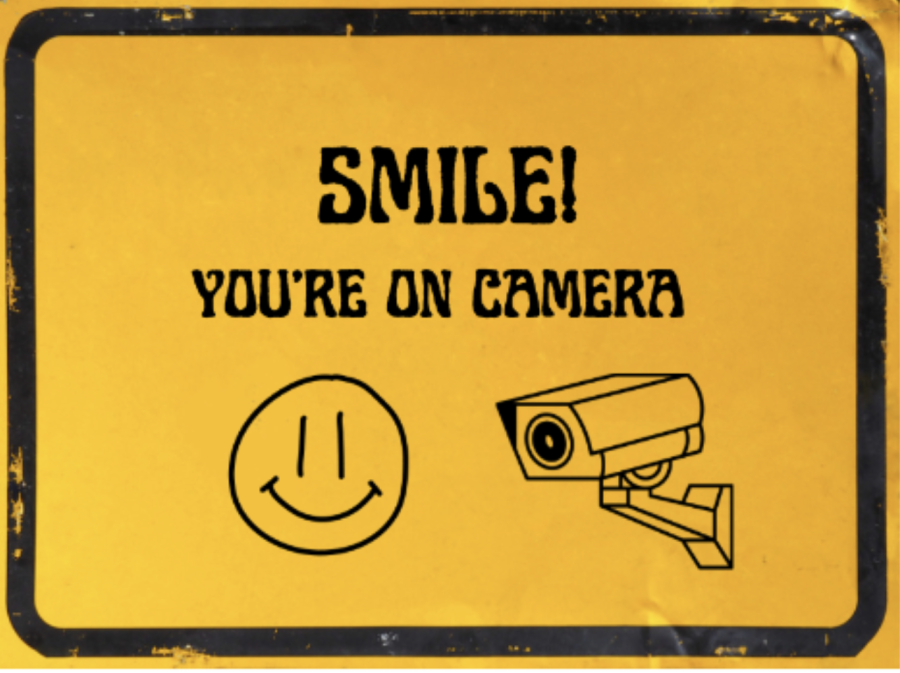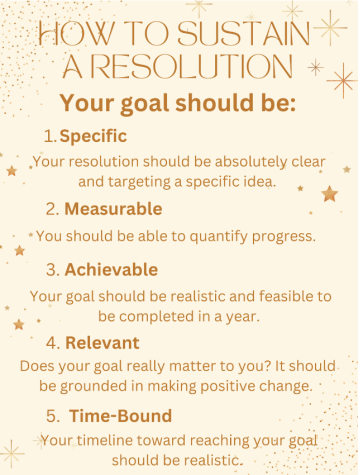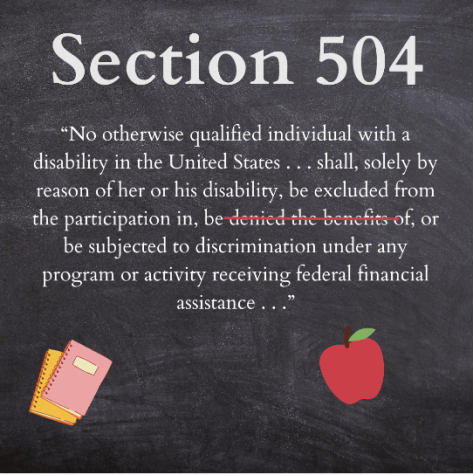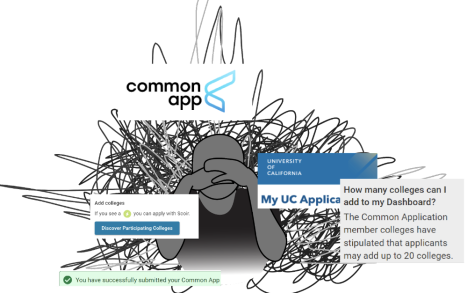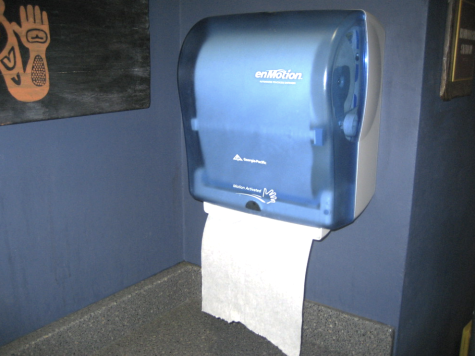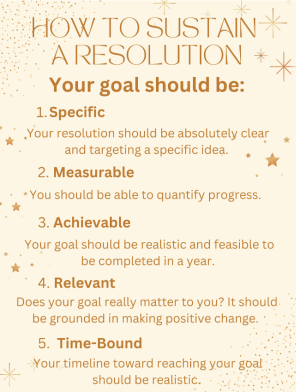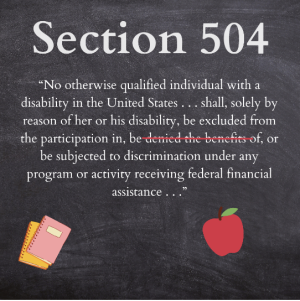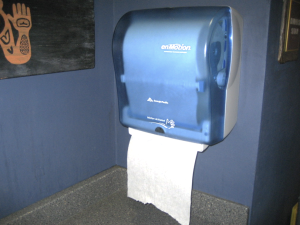Smile! You’re on camera: lessons from a braces late bloomer
When absorbed in one’s insecurities, it becomes all they think about and are reminded of it anywhere they go, such as security signs suddenly mocking people with braces, despite their real intentions.
In fall of seventh grade, I was overjoyed. I had finally convinced my mom that I was responsible enough to get Invisalign, a clear retainer like tray that works the same way braces do. She doubted my capabilities, but I begged since I hated braces. I was scared of the poking wires at my cheeks and the non appealing appearance.
However, as months went by, 12-year-old me got tired of keeping track and taking care of my Invisalign trays, and with the pandemic, I slowly stopped wearing them.
Take my advice: if you have Invisalign, WEAR IT!
So now, as all my friends get their braces off, I just had to get mine on. Well, me and the 9 year old who got her braces on the same day as I did in the chair next to me at the orthodontist.
Did you recently get braces? My chemistry teacher asked me one day after class this past fall, along with the many who had asked me that day.
I sheepishly told him, “Yes.” Rather than the confused faces I had typically received from being a late bloomer with braces, he smiled and told me he could tell I was trying to hide them when I talked.
Society forced me to think negatively about braces, despite them being really a common undertaking that most teenagers have. This subsequently enforced insecurities that have stayed with me even today
— Nina Bowens ’25
Don’t be embarrassed, he told me, they look great! Nobody will really notice in a week or two.
My mom had said the same thing when I was wrapped up in the decision to fix my smile or save myself from the embarrassment of getting braces as a sophomore, but she had to say nice things, she’s my mom. However, leaving my chemistry class that day, after being teased or awkwardly sympathized by my friends all morning, I finally felt more confident. I had brushed off all other comments to try and ignore the situation all together, but this one conversation made me think upon my thoughts of braces in the past — even when I was much younger.
Society forced me to think negatively about braces, despite them being really a common undertaking that most teenagers have. This subsequently enforced insecurities that have stayed with me even today. This is a similar story for most, with a staggering 92% of teens feeling self conscious while wearing braces, according to Orthodontics Limited. It doesn’t have to be that way.
Throughout the fall, anytime a picture would be taken of me, despite where it was going, I would tightly zip my mouth and grin, desperately trying to hide my secret from everyone else. I would get annoyed by security signs that jokingly told me to smile because it just reminded me of my orthodontic situation, which filled me with enraged embarrassment. But each time I saw a sign similar, or was reminded of how I stood out from most others my age, I began to wonder why I was so concerned about a few brackets on my teeth for a year.
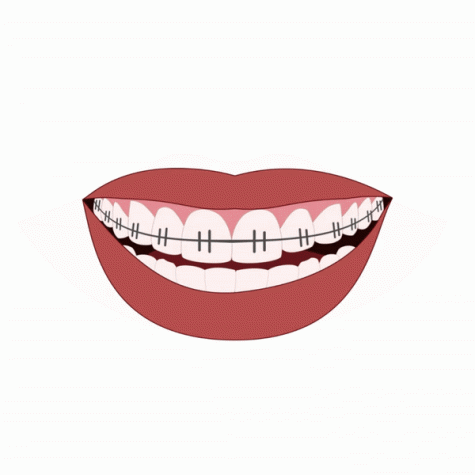
50-70% of Americans have braces in their childhood-teenage years, according to Stanford University Press, but once they are finished with the treatment, they are done forever. It’s an annoyance at the time, but it’s generally 1-3 years and they move on. Even more interestingly, out of the 4 million who generally wear braces in the U.S, nearly 25% of them are adults according to a study produced by Humana, a chain site dedicated to medicine and hygiene. All ex-braced people I had consulted with prior to the orthodontist advised me to get them, ensuring I would not regret it. But for a few weeks, it felt like either I could have crooked teeth, or my life would be over and I would keep my mouth shut for the next year.
Looking back on those few weeks, I want to laugh at myself and say “stop being so dramatic!” But I understand where this fear of embarrassment came from: our society and what is considered “normal.”
Every human is insecure in some way which can consume our thoughts and emotions. But the “flaws” you are absorbed in about yourself, others aren’t worried about. In reality, they are focused on themselves. For example, since getting braces myself, I have now noticed that at least one person in most of my classes has them as well. I never would have noticed this if I wasn’t trying to make myself feel better about my own teeth, regardless if they too could only think about how annoying the wires poking their cheeks are.
I don’t believe that decades-long societal norms can be changed, however, through my relatively short journey in the grand scheme of things, I have begun to understand that your mindset and perspective on these societal norms can completely change the lessons and experiences you may have in life. It might not be in regards to braces or something that makes you insecure, but you may find that all you have to do in an unavoidable, tough and potentially embarrassing situation, is change your thinking, and most importantly, to not hide your smile.

On The Wreckord Producer Nina Bowens ’25 has had a passion for producing and editing long before joining Inklings.
“I have a love for acting and...












































